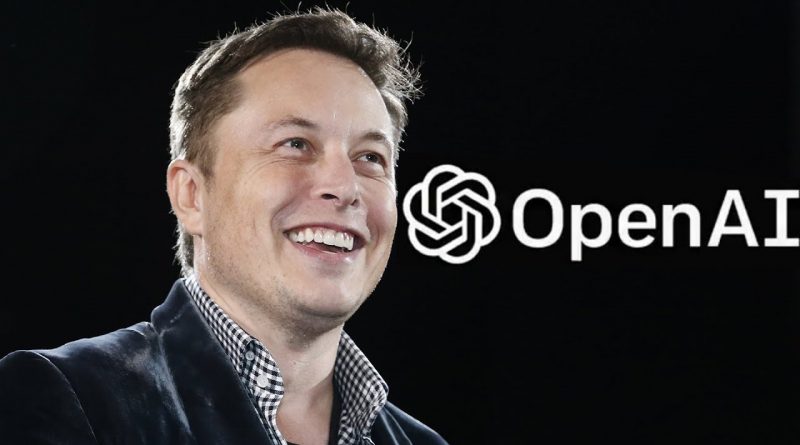Elon Musk and Open AI
Jeffrey Grynaviski
Staff Writer
On Monday, February 10th, Elon Musk and a group of investors — including Baron Capital Group, Valor Management, and firms run by Musk associates — submitted a bid to purchase the up-and-coming giant in the artificial intelligence field, OpenAI. OpenAI is an artificial intelligence research company that is best known for its Generative AI models such as ChatGPT. Musk was a former co-founder of OpenAI with the current CEO of the company, Sam Altman, as well as 10 others. In 2018, Musk left the firm over disputes about the future plans and vision for the organization, and in 2023 founded a competing Artificial Intelligence company, xAI. This offer represents part of a larger conflict between the largest figures in the technology industry. When Musk and Altman first founded OpenAI in 2015, it was created as a charity dedicated to advancing future possibilities of AI for humanity. Since then, the firm has slowly been moving towards a for-profit model. In 2019, soon after Musk left the firm, OpenAI created a for-profit subsidiary, a smaller company owned by the holding company, which helped the firm restructure from being a strictly non-profit into a “capped-profit” company. The way this worked is that profits from the new OpenAI Limited Partnership(LP) — exceeding a 100x return — would be passed on to the larger non-profit entity. The purpose of this was to allow OpenAI to raise more money to continue growing. Now OpenAI’s for-profit arm is undergoing the process to turn the majority of a company into a for-profit entity. The way this would work is that the for-profit part of the firm would basically buy the non-profit as an acquisition of the for-profit entity. The current plan is to finish the transition before the end of 2026, which would enable OpenAI reach an estimated valuation of anywhere between $157 billion to as high as $300 billion.
OpenAI has required excessive funding over the past few years; in 2024, despite generating over $4 billion in revenue, the company still saw a $5 billion loss for the year. With plans to raise prices for some of their services in 2025, the company expects to nearly triple its revenue to an estimated $11,000,000,000. This is important because it is likely that some of the products currently offered for free may soon come with charges. Additionally, OpenAI has new sources of financing, specifically from SoftBank. SoftBank and CEO Masayoshi Son agreed to a $43 billion investment in OpenAI, becoming the largest investment in the company’s history, overtaking the $10 billion that Microsoft invested in OpenAI in January 2023. The goal of this partnership is to help build data centers and spread into the Japanese market as well as becoming a key stakeholder in the new Stargate Project. The Stargate Project is the primary reason OpenAI is becoming a for-profit entity; the new company is projected to require a $500 billion investment over four years with the goal to build new AI infrastructure. The main firms involved with Stargate are Oracle, NVIDIA, and OpenAI.
While Musk’s desire to buy OpenAI would greatly help gain the required capital, C-Suite executives have accused Musk of attempting to disrupt competition in the artificial intelligence sector, and have rejected the bid on Friday, Feb. 14th. This shows a continued hostility between two of the largest figures of the AI sector as well as some instability in the current American tech giant.
Contact Jeffrey at Jeffrey.Grynaviski@shu.edu

